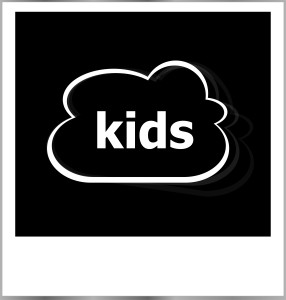“People tease me because of the way I talk.” “The other kids at school don’t like my words.” Do these statements sound familiar in your home? The unfortunate fact is that children who have a speech impediment are often subjected to teasing from their peers. According to a study by Professor Gordon W. Blood, Ph.D., CCC-SLP:
children who stutter are 61% more likely to be targeted by a bully.
Teasing and bullying at school can be a frightening experience.






